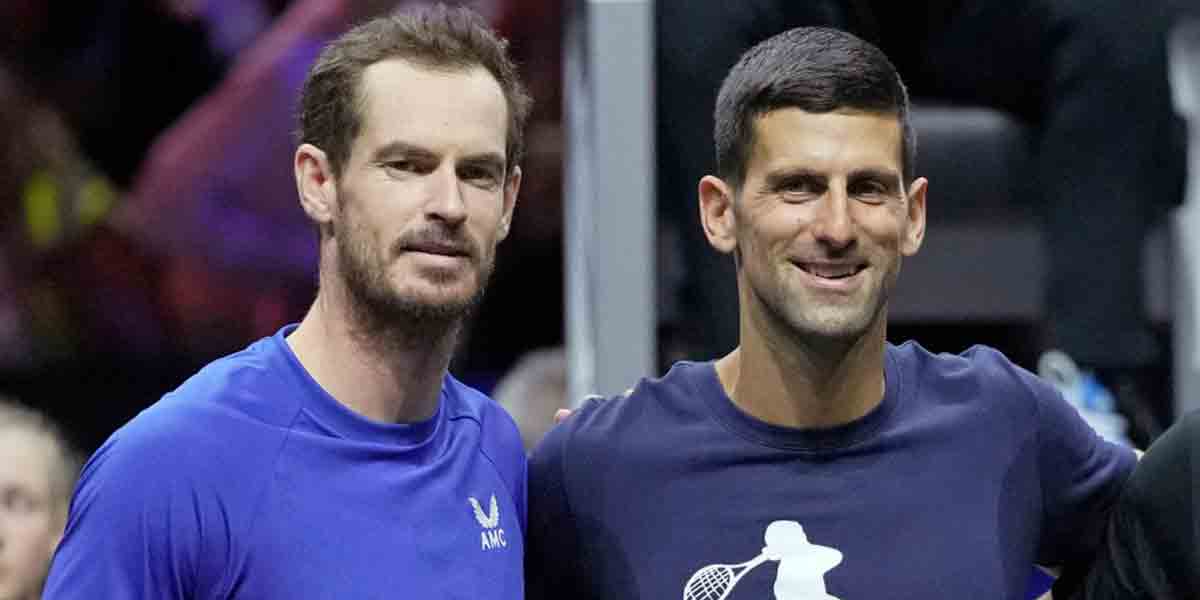By Michael Henry Ll. Yusingco, LL.M
Press Secretary, Trixie Cruz-Angeles, aims to give digital media influencers (bloggers and vloggers) more access to presidential press briefings via a revamped accreditation system. Her predecessor, Martin Andanar, started the practice of allowing select social media personalities to cover special events attended by President Rodrigo Duterte to promote presidential updates online.
Some journalists have expressed alarm with the expansion proposal, seeing it as a way to shield the new president from their critical eye. Then candidate Ferdinand Marcos, Jr. was often reproached for giving more access to social media content creators and influencers who only produced positive accounts about his election campaign. Obviously, the incoming chief executive must be consistently accessible to all types of media for the next 6 years.
Pertinently, some legacy media professionals view these “non-journalists” as instinctively drawn to gain more followers and engagements than presenting the hard facts and offering relevant insights. And hence, there is fear that they will just dumb down reportage of the president as a way to popularize themselves and their works.
But the worst critique thrown at these social media influencers is that they will say or write just about anything to defend their political patron and also relentlessly malign critics. Even to the extent of poisoning the information ecosystem with falsehoods and hateful speech. Paying no mind that doing this can further deepen the hyper-partisan divisions plaguing our society today.
Let us be clear however, that bloggers and vloggers are different from troll farms. The former are new sources of information and insight in this digital age, while the latter are online groups organized to spew disinformation on social media at an industrial scale. Bloggers and vloggers are legitimate stakeholders in the information ecosystem, whereas troll farms are the evil villains in this realm.
In fact, it was recently reported that to show that they deserve to be treated seriously, some vloggers and bloggers have bonded together to form a professional guild. They aim to be guided by ethics and standards in doing their work. As preparation for their increased access to the presidential itinerary, this certainly looks like a move towards the right direction. But obviously, they still need to prove to the public that they can meet these purported ethics and standards.
It is worth mentioning that the Bureau of Internal Revenue and the Commission on Elections now regulates the activities of such social media news practitioners. Indeed, blogging and vlogging can no longer be treated as a mere hobby or a pastime pursuit. These are now recognized as activities of public interest and therefore demands regulatory attention.
On the other hand, legacy media as the traditional gatekeepers of the information ecosystem has faced serious complaints as well. Bloggers and vloggers have accused some of these mainstream media practitioners as being beholden to corporate interests. And that some journalists engage in sensationalism or “tabloid journalism” to rake in profits for their publishers.
Of course, traditional media has also been criticized for being propaganda tools for powerful politicians. Only recently, some news outlets have been tagged as mouthpieces for communist terrorist groups. Indeed, some high-profile journalists are openly known to engage in partisan political commentary.
The reality is that television, radio and print news have all been grappling with public trust issues. The internet is a technological disruption that has facilitated a slew of profound challenges to traditional media. One is the decentralization of platforms for expression which has led to the expansion of the information landscape to include bloggers and vloggers.
This brings us back to the move of the incoming administration to put bloggers and vloggers in the same footing as journalists who cover the Malacañang beat. Essentially, this means government has left it to the public to distinguish between these two sources of information and insight. Alarmingly, the difference between the two is slowly eroding, most specially to the less discriminating news consumer.
It cannot be emphasized enough, that all media practitioners are obligated to convey to the public only the truth. Those who spread disinformation, in whatever medium, must be rejected. Needless to say, the space to express opinions must be vigorously protected, but this license cannot be used to propagate lies. There can be varying views, but there can be no alternative facts. These are norms that all stakeholders in the information ecosystem must adhere to.
But in the context of news reporting, particularly involving politics and governance, the real battleground should lie in the intelligence of the coverage and the depth of the analysis being offered in the reportage. Indeed, everyone active in this field must be judged on correctness, credibility, and the competence to explain complex issues. Whether you identify as a political journalist or a provocateur blogger or an activist vlogger, these are standards you must meet when presenting your work to the news consuming public.
Most critical of all, as information consumers we must keep in mind the prescriptions of free speech and press freedom enshrined in the 1987 Constitution. This means political discourse in the country must fundamentally be a “marketplace of ideas”. The public space where we discuss politics and governance must accommodate the articulation of views and insights that “induces a condition of unrest, creates dissatisfaction with conditions as they are, or even stirs people to anger.”
We do not want to see groupthink and echo chambers when it comes to political discourse. On the contrary, we want to see democratic deliberations prevailing in this public space. Democratic deliberation means people come together, on the basis of equal status and mutual respect, to discuss the issues and problems they face and, on the basis of those discussions, decide on the corresponding reforms that they will collectively undertake.
We must impose this constitutional benchmark on all types of media practitioners because news reporting on politics and government drives political discourse. Journalists, bloggers and vloggers may be competitors in this arena, but they must all strive to ensure that the information ecosystem reflects deliberative democracy. We do not want our politics to be simply about “bardagulan”, do we?
The author is a policy analyst, constitutionalist and law lecturer.























